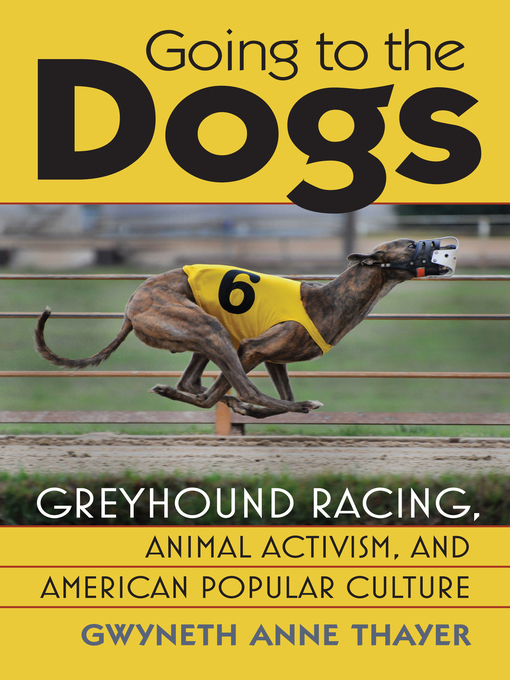- Spring into a great read
- Kick off a new EBook series
- Thrillers for days
- Most Popular
- Read, read, read
- Looking for these?
- Bite-sized reads
- Teen eBooks
- See all
- Audiobooks for spring
- Edge of your seat listening
- Start your audio binge here!
- Available now
- Great Courses, great ideas!
- Audiobooks you may have missed
- Most Popular
- Teen Audiobooks
- Stephen King Thrillers
- Give these a try!
- See all

